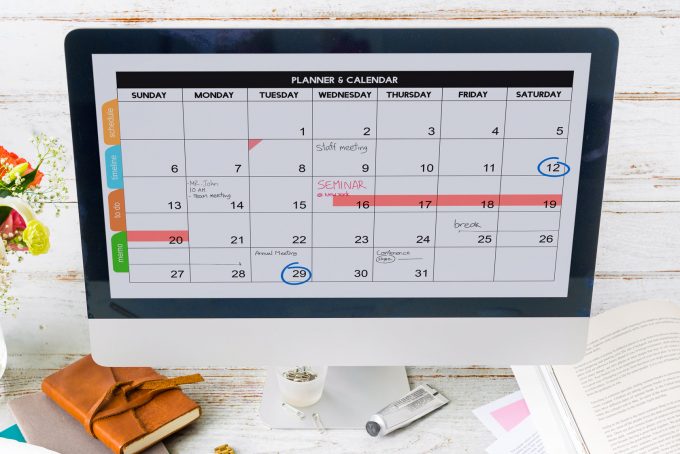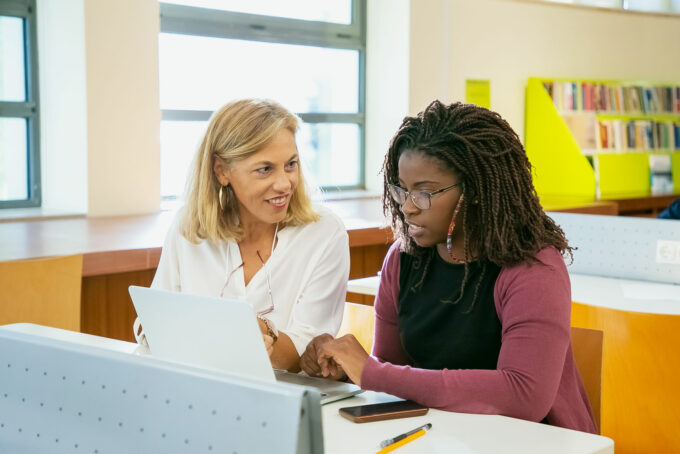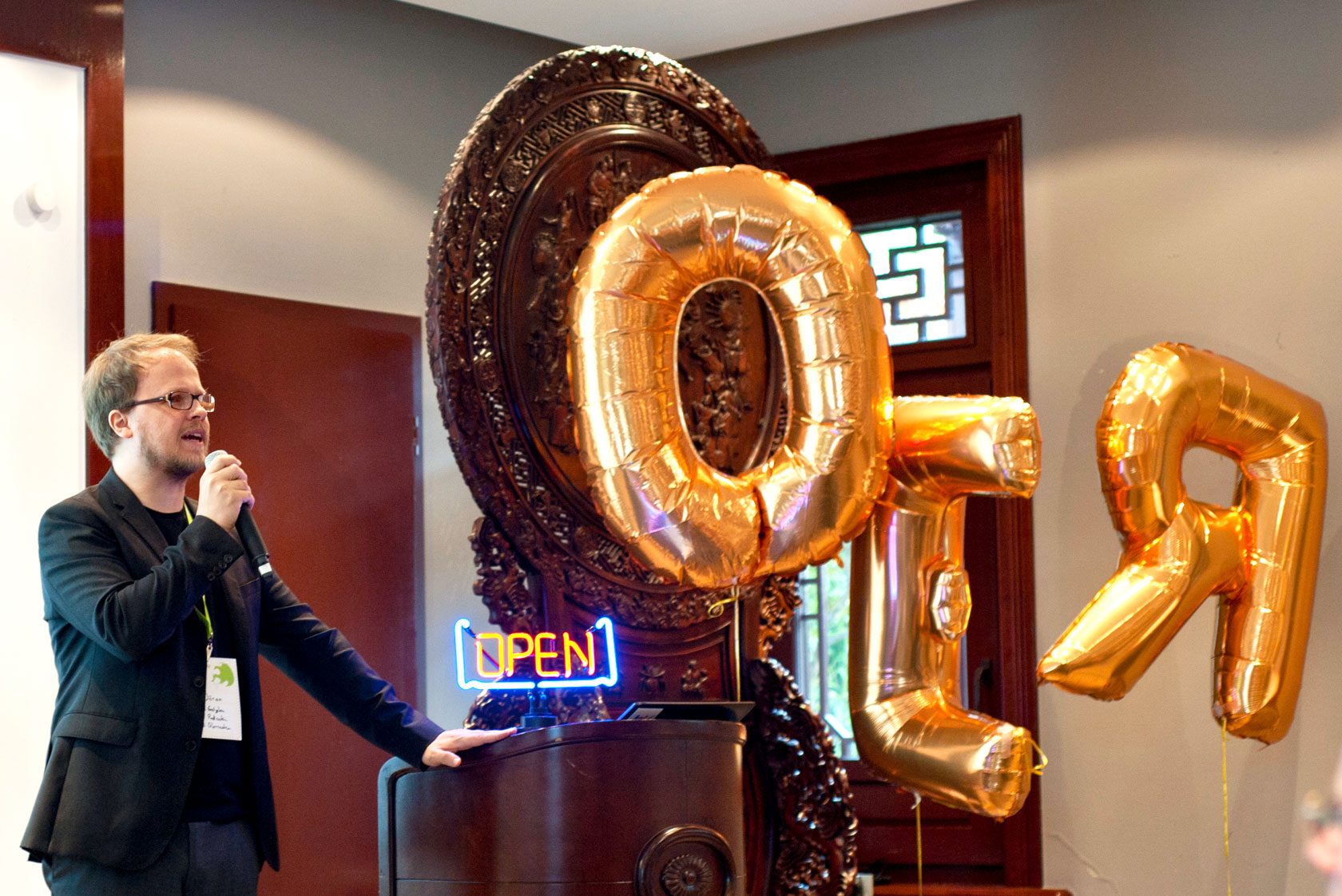
#OERcamp Nord 2017: Open Educational Resources in Practice
The #OERcamp in Hamburg was all about digital, open learning materials and their practical application and development in German-speaking countries. Open educational resources were put to the test and their importance for libraries was discussed.
This 3rd BarCamp of the year on OER (open educational resources) (link in German) – digital and open teaching and learning materials – took place in Hamburg on 23rd and 24th of June 2017. Practitioners from universities, schools, companies and libraries came together to participate in a combination of workshops and a BarCamp held at the Chinese tea house. 2017 marks the first year in which four regional OER camps (link in German) have been held in Germany; previously the camps were held once a year.
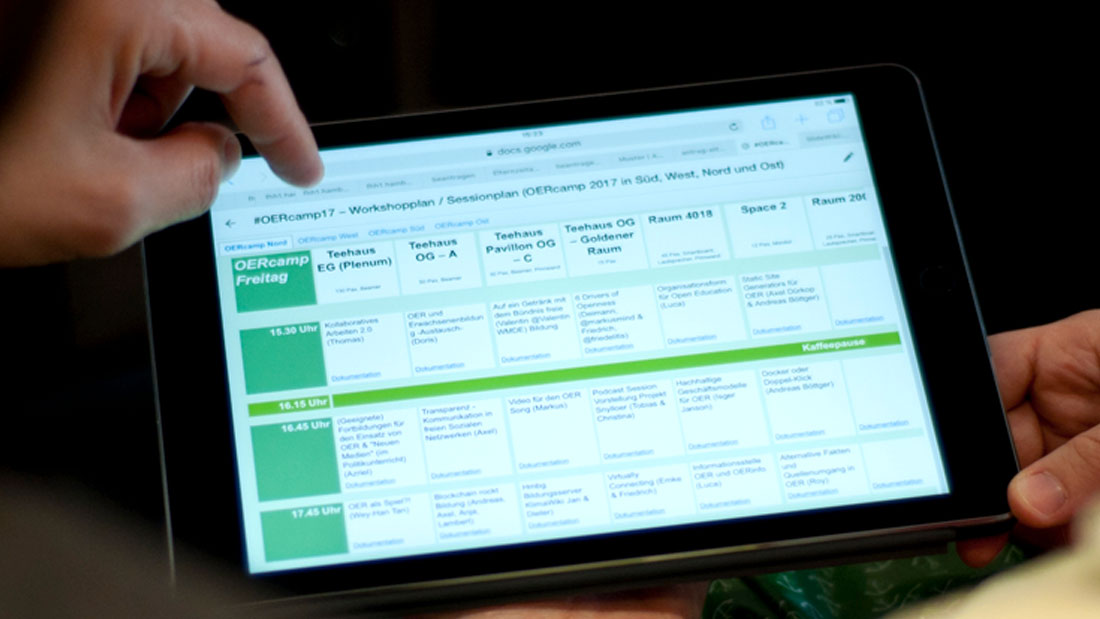
Interactive workshops and lively sessions provided an extensive programme which offered insights into tools for creating OERs, ongoing OER projects and discussions on education policy.
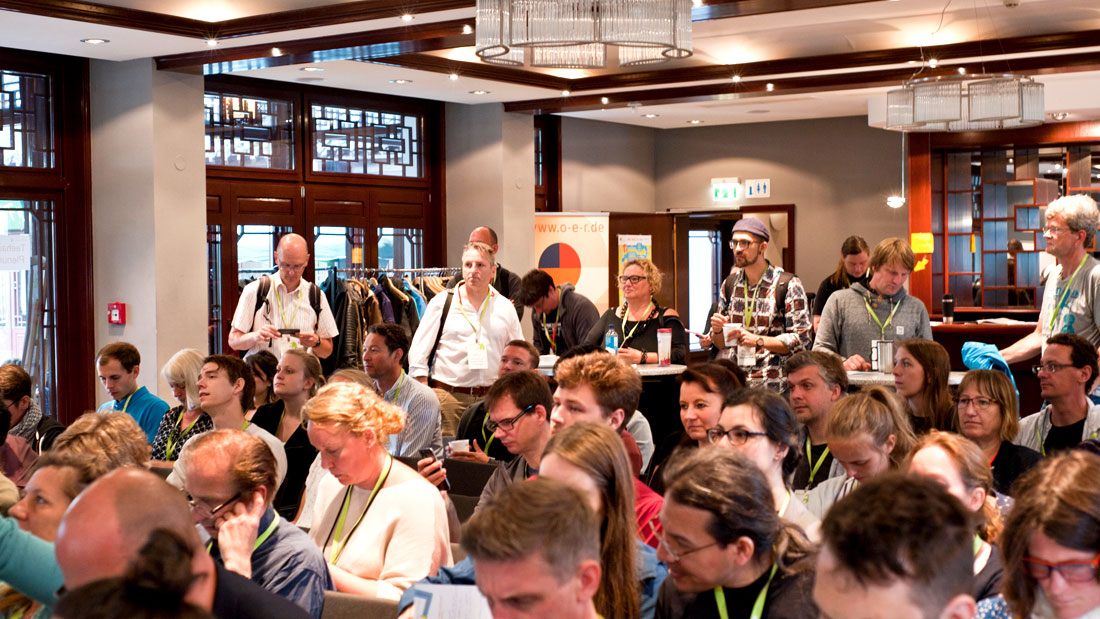
SynLLOER (Synergies for Teaching and Learning through OER) (Link in German) is a Hamburg-based OER project which aims to increase awareness of OER among opinion leaders and motivate them to get involved. Unique to the Hamburg camp, the session on SynLLOER’s activities was recorded as a podcast and will be published as part of OERinfo’s zugehOERt podcast series (link in German).
OER tools – time to get hands-on
The workshops provided rapid and accessible insights into common OER tools and Creative Commons licences. SlideWiki, for example, launched with the aim of becoming a “revolutionary authoring and learning platform for open educational resources”. The platform provides a collaborative approach to creating presentations. Its focus is on the joint creation and editing of educational content.
H5P – interactive HTML5 content
Participants were also able to gain hands-on experience with H5P. They created interactive videos with embedded quizzes, memory tasks, gap-fill exercises and hotspot games.
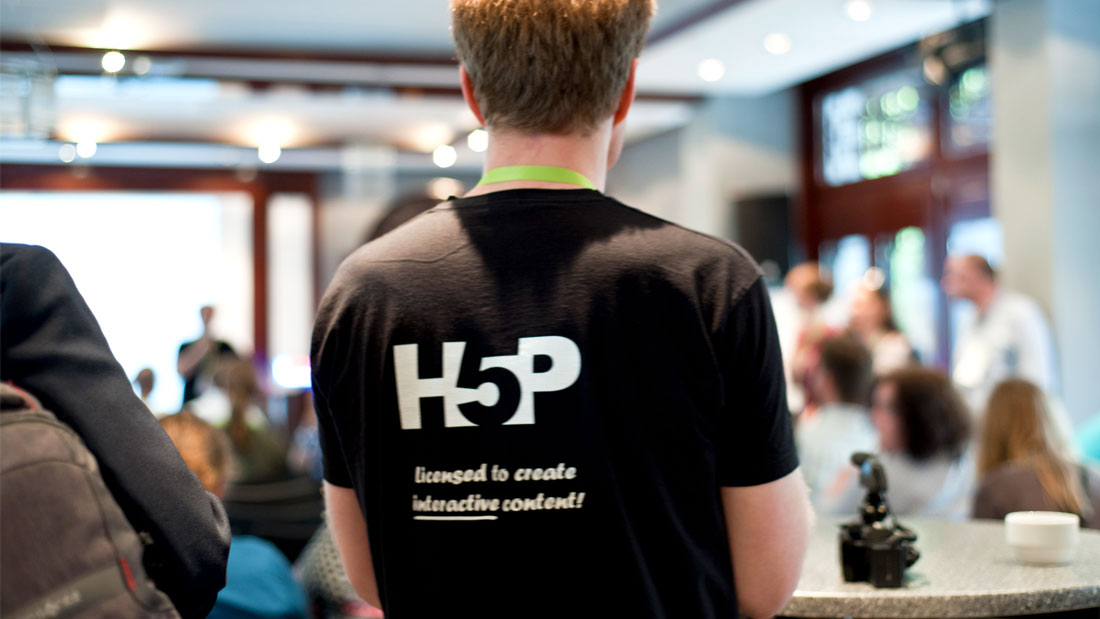
H5P is a free, open-source software. It allows users to create interactive educational content and can be seamlessly integrated into WordPress and other websites. The “Speak the Words” development, ideal for foreign language teaching, is also interesting to note.
Metadata, tagging, knowledge creation – libraries and OER
“Libraries impart knowledge, by whatever means – OER or books!”
This motto served as the basis for a wide range of mixed sessions featuring employees from OER initiatives, librarians and teaching staff.
Brauchen wir OER-Makerspaces? #OERcamp17 #oer pic.twitter.com/21PsOv0IQ5
— Thomas Hapke (@thapke) 23. Juni 2017
Participants could envisage many activities for libraries in the field of OER. The recording of metadata, indexing, and advising and educating people on information literacy were seen as core library competencies. OER created by libraries are considered the benchmark in the OER field. The theme of services and advice touched on a wide range of issues, from helping people to develop suitable searching strategies, finding OER, through licence and permissions management, to platform management. The question put forward for discussion, “Do we need OER maker spaces in libraries?” received a swift and unanimous response: yes. Libraries are seen as a competent service provider on all things of learning and teaching and are therefore predestined to contribute their experience to the emerging field of OER.
From 27th to 29th of November the OERcamp will enter its fourth and final round for 2017 at the OER Festival in Berlin.
On the official Twitterchannel of the OERInfo you can find all about #OpenEducationalResources in the German speaking area (#OERde).
Image source: Manfred Steger (CC BY 2.0)
View Comments

Fidus Writer: Modern Writing Tools for the Social Sciences
Scholarly communication is complex. While tools are being developed for various...

